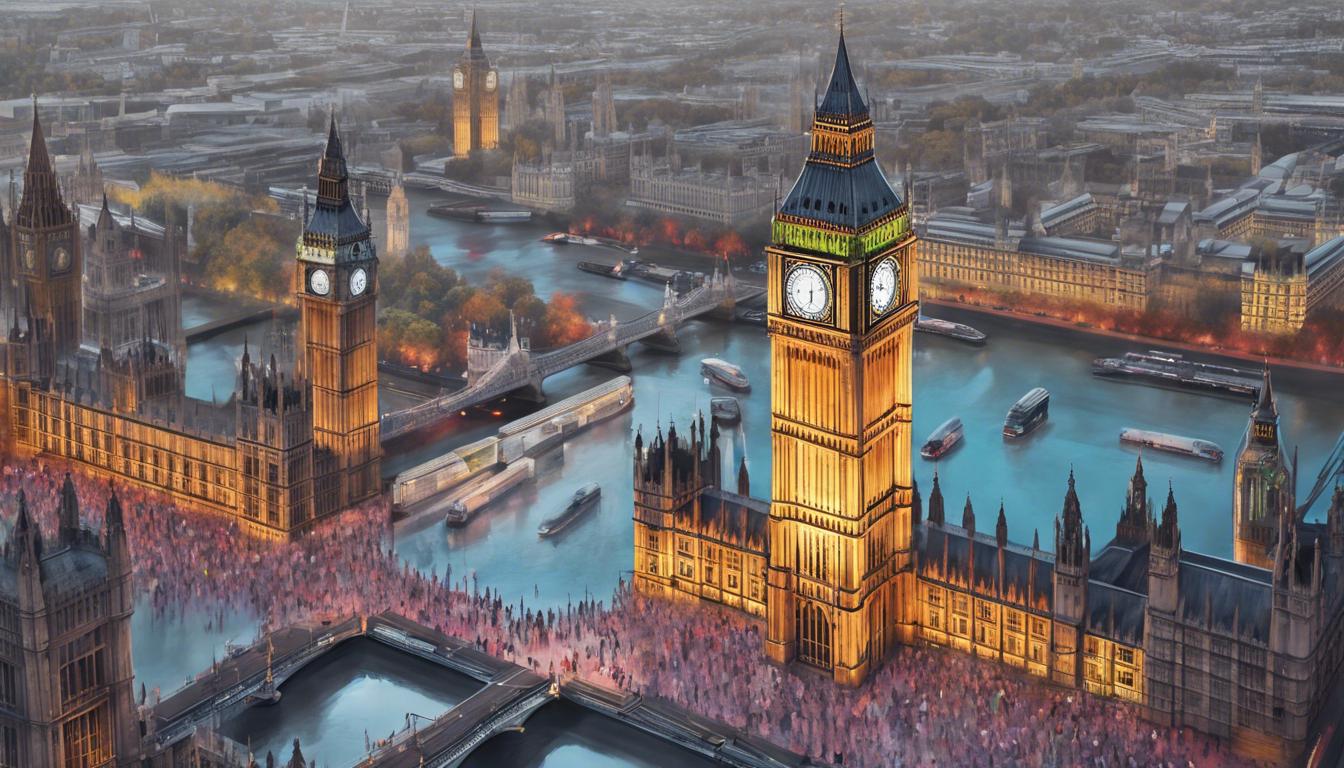The UK government is introducing a new definition of extremism in an effort to combat radicalization, while facing backlash for potentially infringing on the right to protest and freedom of expression.
In London, the issue of extremism, particularly in relation to pro-Palestine protests, has raised significant concerns, with Downing Street strongly condemning any implications suggesting the city as a ‘no-go zone for Jews’. This follows a statement from the Government’s counter-extremism tsar, Robin Simcox, about the creation of a “permissive environment for radicalization” within the city. The government, under Prime Minister Rishi Sunak, has expressed its intention to introduce a new definition of extremism to potentially limit engagement with extremist individuals or groups. This is part of a broader initiative to confront the root causes of extremism and prevent the validation of extremist ideologies.
Meanwhile, criticisms have surfaced regarding the government’s approach to handling protests and defining extremism. The Stop the War Coalition has accused the government of fear-mongering by labeling London as a ‘no-go zone for Jews’, and Dame Sara Khan has warned against confusing passionate protests with extremism. This comes as Prime Minister Sunak highlights the need for action against a surge in extremist activities, which has led to a national discussion on the balance between security measures and civil liberties. A recent confrontation at Barclay primary school in London has exemplified these tensions, spotlighting the complexities surrounding freedom of expression and cultural sensitivities.
Adding to the discourse, nearly 50 organisations, including Amnesty International UK and Greenpeace UK, have issued an open letter to Prime Minister Sunak, criticising the government’s restrictive stance on the right to protest. These groups have articulated concerns over new legislation and policing powers that significantly limit the ability to demonstrate, potentially undermining the fundamental right to protest and freedom of expression in a democratic society. They call on the Prime Minister to reevaluate the crackdown on protests, differentiate between protest and extremism, and abstain from using divisive language.
The unfolding debate indicates a pivotal moment as the UK navigates the challenges of addressing extremism while safeguarding civil liberties and the right to protest.



